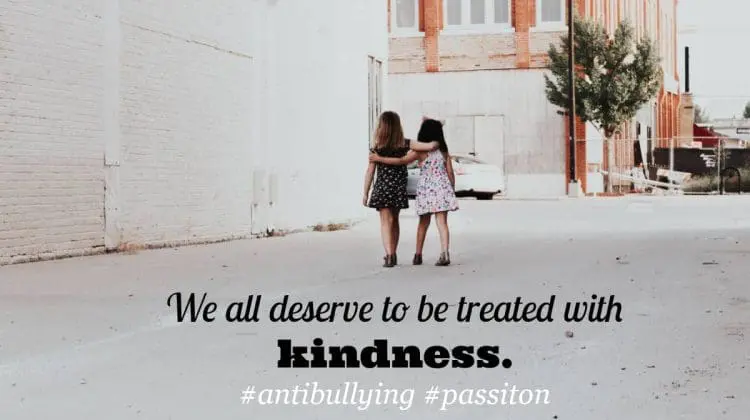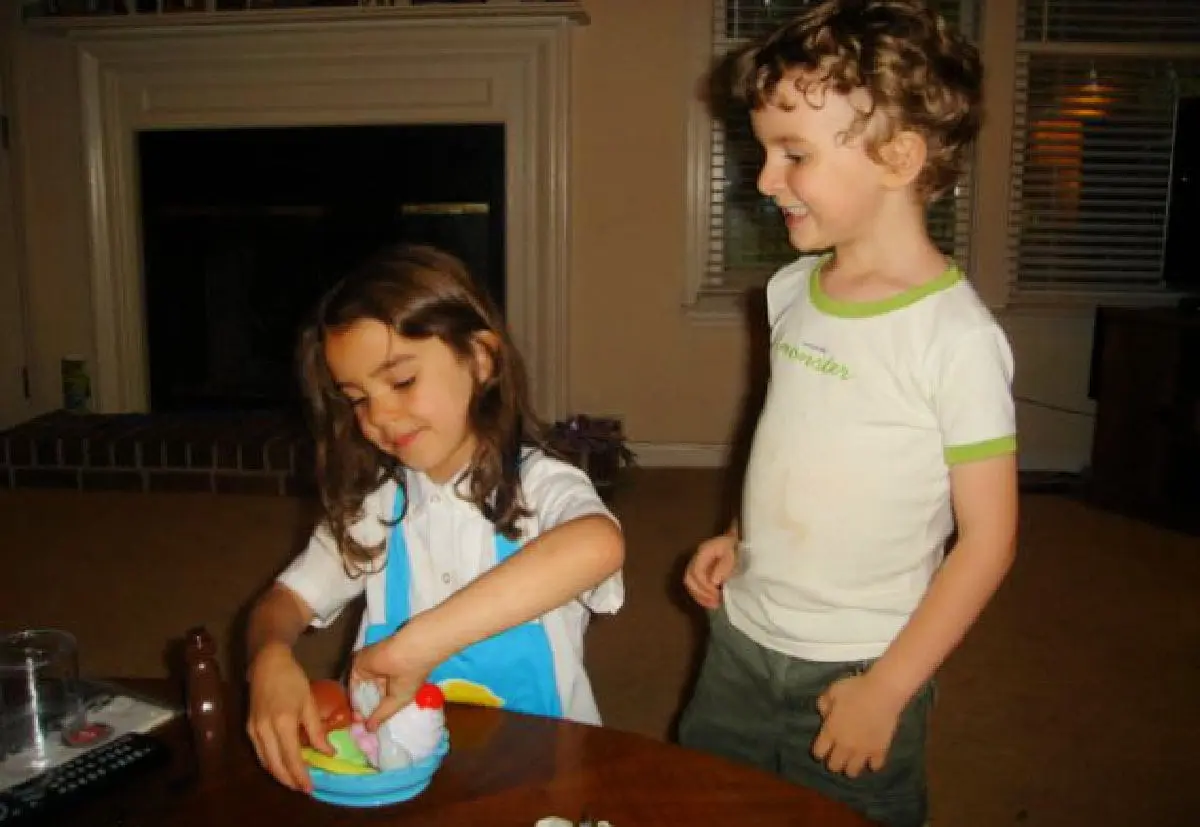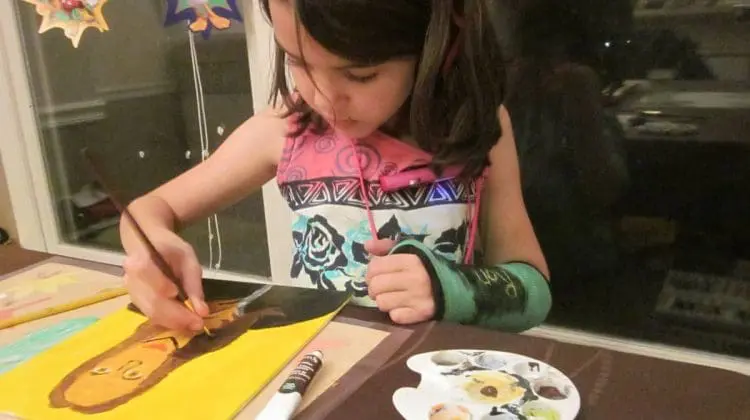Teenagers are strange and fascinating creatures. One moment they’re all sweetness and light and the next they turn into hormone-fueled beasts that can test the patience of even the most stoic of parents. No one ever said the teenage years would be easy, but while every teen and every family are unique, no one ever […]
Parenting
Effective parenting tips for toddlers to teens. Information to help you develop good parenting skills. Best parenting tips from a variety of experts on topics such as single parenting tips, attachment parenting, parenting styles, and discipline.
What You Need To Know About Bullying
First what is bullying? Well, bullying is repeated, intentional behavior where one child (or group of children) hurts, threatens, excludes, or intimidates another child who is often less able to defend themselves. It can happen physically, verbally, socially, or online (cyberbullying), and it usually involves a real or perceived imbalance of power, such as differences […]
10 Powerful Tricks To Get Kids To Clean Up (And Love It)
Life is packed full of things to do and sometimes you just need a little help because if you do all the cleaning for your kids, not only will you burn yourself out, they won’t learn responsibility. So this article is all about getting your kids to pitch in and help pick up after themselves. […]
Raising Kids With The Entrepreneurial Spirit
We are all hopeful that our children will grow to be confident, motivated and resilient adults, but how do we best set them up for success early in life? Raising our kids with the entrepreneurial spirit can help give them the can-do growth mindset, analytical skills, and leadership abilities that allow them to thrive in […]
How To Teach Communication Skills For Kids
Whatever your children want to do in life, good communication skills can help them be mores successful! Be it as large scale as pursuing a certain career, or something smaller like explaining a need for assistance, they will need to express themselves in an appropriate and effective manner. In this article, we will discuss the basic […]
Basic Etiquette For Table Manners
When I was growing up, eating dinner was a very different affair to how it is today. No elbows on the table, a napkin on the lap, and excusing myself every time I needed to leave the table were all required table manners etiquette. A lot has changed since then. These days, modern table manners […]
How Behavior Support Strategies Transform Family Dynamics
Family life isn’t always smooth sailing. Some days feel like a whirlwind of frustration, miscommunication, and emotional overload, especially when challenging behaviors start to feel like battles. And it’s not just you. In 2023, nearly one in three parents rated their daily stress at the highest levels, compared to only 20% of adults without children. […]







